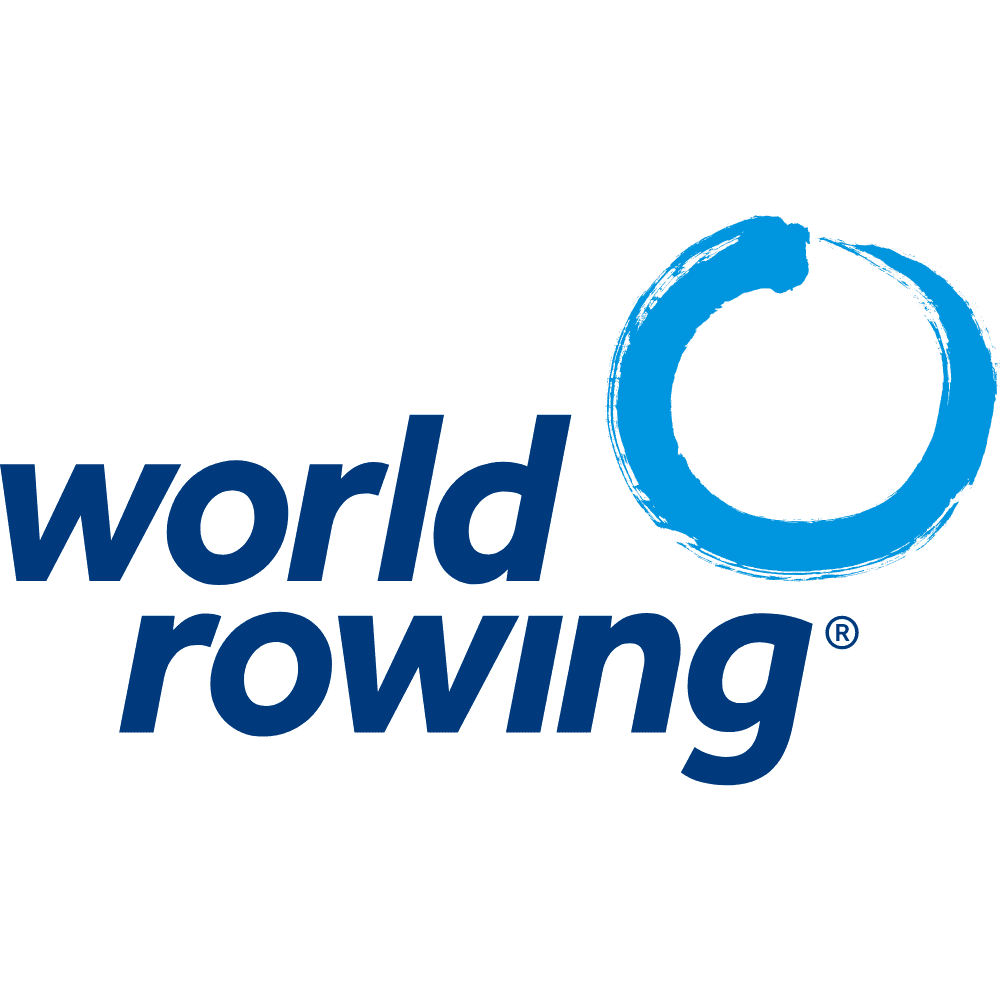
18 Jan 2018
Annekatrin Thiele (GER)
Athlete of the Month – January 2018
One of Germany’s most talented scullers, Annekatrin Thiele, is now aged 33 and still going strong after 14 years of international rowing.
At Thiele’s first World Rowing competition, the under-23 regatta in 2004, she took world silver in the women’s double sculls. In 2008, she raced at her first of so far three Olympic Games, winning her first three Olympic medals to date. A police officer by trade, Thiele has remained a regular medallist over the years and is not contemplating the end of her rowing career any time soon.
World Rowing: How did you discover the sport of rowing?
Annekatrin Thiele: It was a coincidence. When I was little, my best friend trained at a rowing club nearby and told me that rowing is a nice sport. I was very interested in sports already and didn’t have many options in my small hometown, Wiehe. So I joined her at the Rowing club Rossleben. Immediately, I started to enjoy the sport itself and to be in a fun group of many children.
WR: You won your first medal as a 19-year-old at the World Rowing Under 23 Regatta in 2004. Silver in the women’s double sculls. How did this impact the future of your rowing career?
AT: That was my first time competing internationally for Germany. It was special to me and I had lots of fun rowing in the under-23 final. After that experience I thought I wanted more of this and set my goal to become an Olympian one day.
WR: Your entire rowing career has been focused on sculling, either in the single, double or quad. Why sculling? Describe the different boats.
AT: That is easy to explain. I was taught sculling only and my coach in Leipzig thinks I am not tall enough for sweep rowing. I love the single because you are on your own. You are independent and don’t rely on somebody else but yourself. That way you can’t hide behind somebody else’s performance or failures.
Rowing the double and the quad is much faster and you’ll have more girls around you. For me it’s easier to focus on one girl than three. However, it is so much fun when everyone adapts to the same movement and rhythm in a big boat.
WR: What led you to compete exclusively in the women’s single sculls in 2017?
AT: I already competed in the single back in 2011 and enjoyed it a lot. After five successful years in the quad, I needed a new goal. So I thought giving the single another try would be nice for a post-Olympic season.
WR: You competed three times at the Olympic Games and medalled each time, winning silver twice and gold most recently in Rio. Any highlights?
AT: That’s a difficult question. All three games were very special in their own ways. 2008 was the first time I was in the senior team for the entire season. To start in the double in Beijing was a dream come true. We were the underdogs and winning the silver medal was an unexpected dream. My highlight here was the moment I noticed that we got the silver medal. It was a great feeling.
When we went to London I expected from myself to perform better than in Beijing. After we had crossed the finish line, I thought:’ oh no, silver again’. But when we had reached the dock, it was great to get that silver medal for our performance in the quad.
Rio – third Games. I really wanted to win the gold medal this time. That was the goal and all people around us were talking about that as well. During the seasons leading to the Rio Games, we won many titles in the quad so we were the team that was chased by the others. That added a lot of pressure to the racing in Brazil. The race itself was unforgettable and the best was to finally hear the national anthem.
WR: At the 2008 Games in Beijing, you missed gold by one hundredth of a second, after leading for half the race. How did you handle this experience?
AT: It was a great feeling to lead for 1999m. Over the last nine years, I often said to myself that I probably wouldn’t row anymore If we had won the gold back then. Still, I was extremely satisfied because those were my first Olympic races. But I always wanted to win the gold medal one day.
WR: In 2014, you set the World Best Time in the women’s quad. Did you expect to accomplish this feat?
AT: Right before our final was started, the jury changed the lanes. But we kept cool and focused and just raced as we did in training. In preparing for the World Rowing Championships, we rowed good times during several training sessions and so we wanted to show the power and technique we had worked on that season. The best time felt great and I like to read our names on top of every quad race line-up. I am proud of that one.
WR: Throughout your career, you have raced against a number of different competitors. Which ones impressed you the most?
AT: There are so many inspiring women. I guess I am most impressed by all women in the single sculls. And the Kiwi pair. Murray and Bond won every race in such an impressive style. And then there is the single that is so difficult to figure out how to perform constantly… so everyone who won a title in that boat class inspires me.
WR: What is your main strength?
AT: I think my ambition and honesty are a few of my characteristics. Friends say that I am very helpful.
WR: Any weaknesses?
AT: I would prefer being less chaotic at home. I have a weakness for dropping bags the moment I return home and sometimes they will stay there for quite some time 😉
WR: You are a police officer. How did you come to choose this profession?
AT: After graduation from high school I wanted to find a job that was not an office job only. I still like the idea to save other people and help them receive some form of justice.
WR: How did you combine elite rowing training with becoming a police officer?
AT: When I decided to become a police officer, I trained only two hours after work. Police school allowed me some time off for training camps and competitions. It was very strenuous and challenging to balance the two. I am still very thankful for the support from the police academy!
WR: What are the aspects of your profession that match your personality?
AT: My sense for justice and cooperativeness and the motivation to have a lasting impact.
WR: What do you do when you are not rowing or working as a police officer?
AT: I try to see family and friends as often as possible. I also enjoy shopping trips to the city or just relaxing on the couch.
WR: What is the biggest challenge you have had to overcome – in sport or in life?
AT: The sudden death of my father after a spring race in 2015.
WR: Where do you train?
AT: In Leipzig (Saxony).
WR: How do you train over the winter?
AT: I row on the indoor rowing machine, do weight lifting, ride the indoor bike or do cross-country skiing.
WR: What is your next big goal?
AT: To win a medal in the single at the World Rowing Championships.

